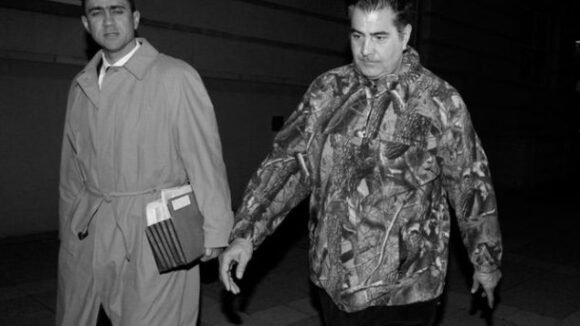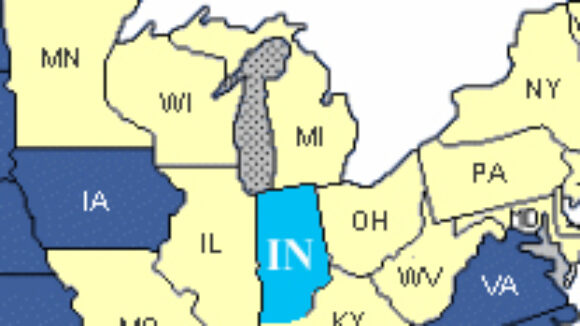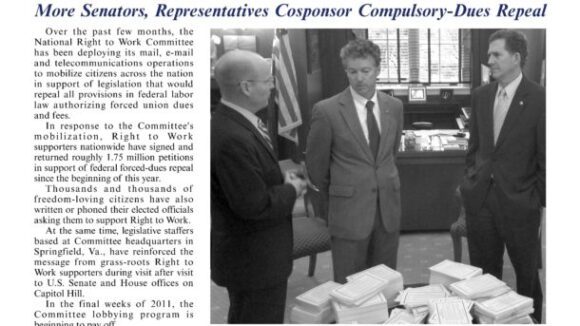'Tis the Season to Shake Down Workers?
One ILA union don, Edward Aulisi (right), was allegedly caught on tape assuring a gangster that a change at Local 1235's helm wouldn't stem the flow of workers' money being funneled into mob coffers. Credit: Star-Ledger (Newark, N.J.) Longshore Union Dons Accused of Holiday Extortion, Other Crimes (Source: January 2012 National Right to Work Committee Newsletter) A superseding indictment filed last month by federal prosecutors adds dozens of counts to a January 2011 indictment charging former International Longshoremen's Association (ILA/AFL-CIO) union bosses and other conspirators with running an extortion operation for decades. Unionized workers were the principal victims. According to a press release issued December 15 by the office of the U.S. attorney for the Eastern District of New York, the latest indictment includes "61 additional predicate acts of extortion" of ILA-"represented" workers by Albert Cernadas. Mr. Cernardas is the former president of Newark-based ILA Local 1235 and a former executive vice president of the ILA itself. Nunzio LaGrasso, the vice president of another Newark-based ILA local, is accused of 12 additional predicate acts of extortion of unionized workers. One especially egregious form of extortion in which Mr. Cernadas, Mr. LaGrasso, and other ILA kingpins allegedly engaged was the collection of "Christmas tribute" money from New Jersey dockworkers after they received year-end bonuses. This tribute was allegedly funneled into Genovese crime family coffers as well as ILA chieftains' pockets. Some victims were coerced by their ILA "representatives" into paying "thousands of dollars each year" to Genovese mobsters at Christmastime, charges U.S. Attorney Loretta Lynch. 'Force, Violence and Fear' Systematically Used by Union Bosses to Coerce Dockworkers






